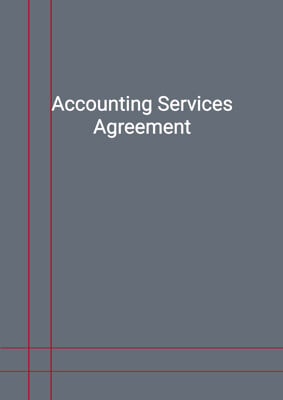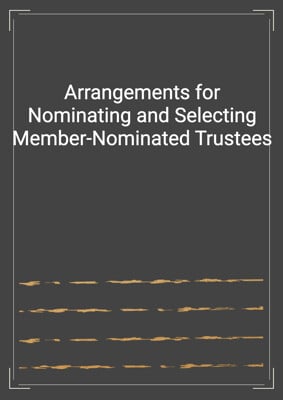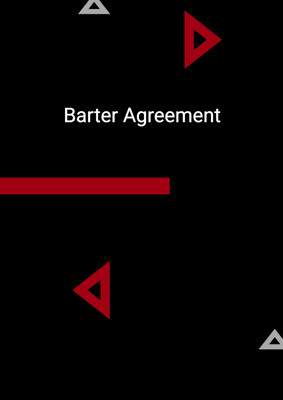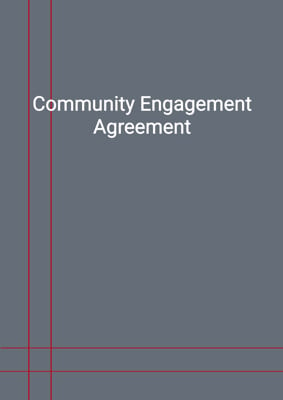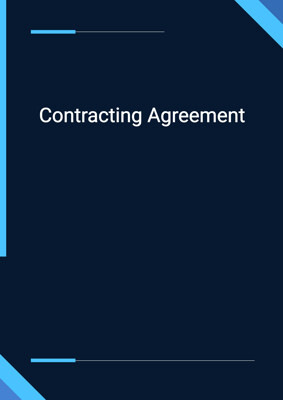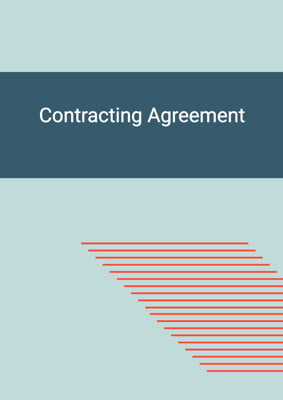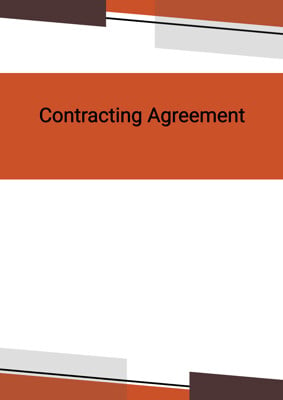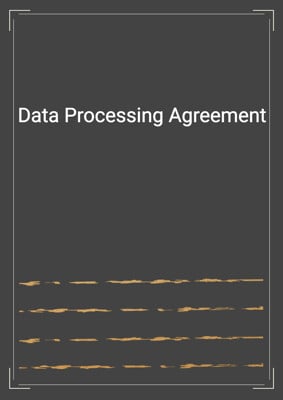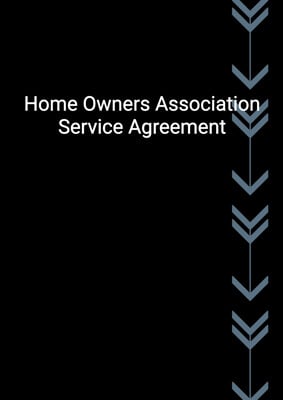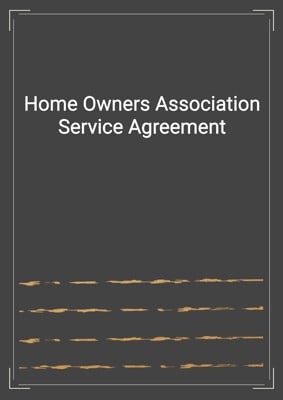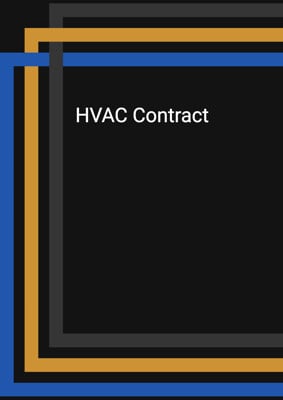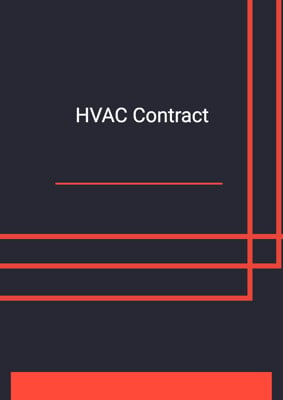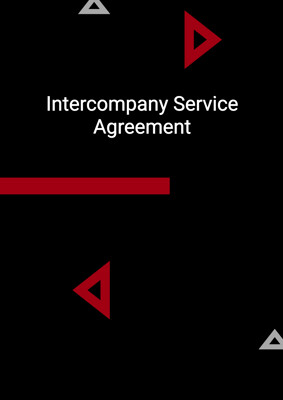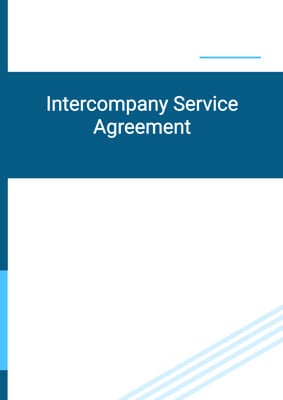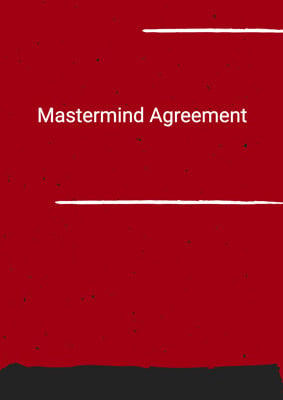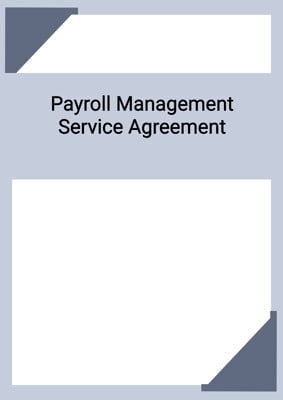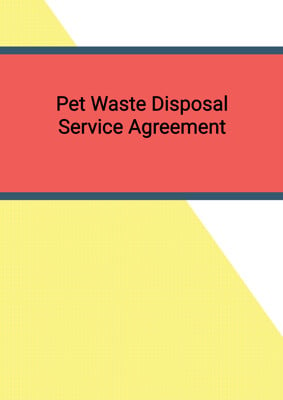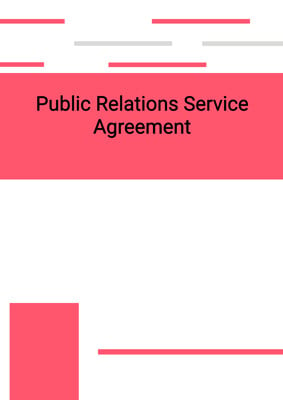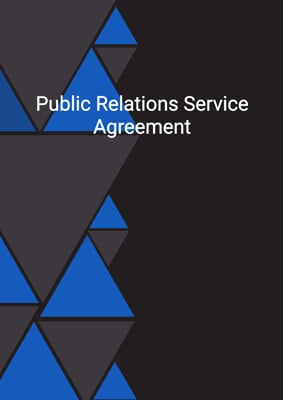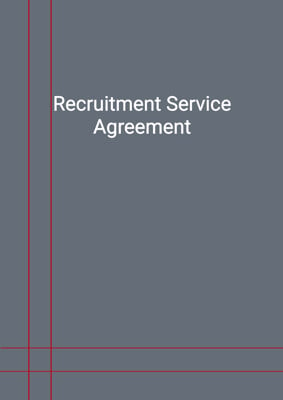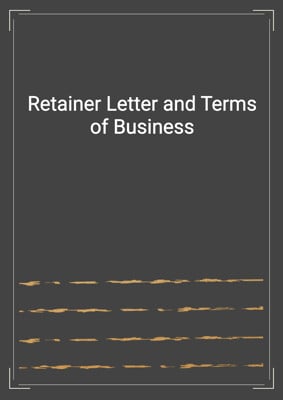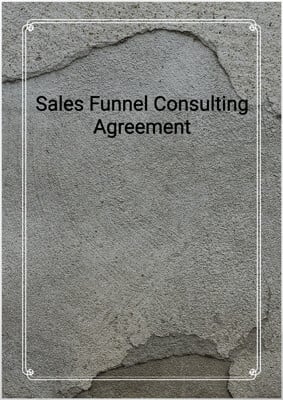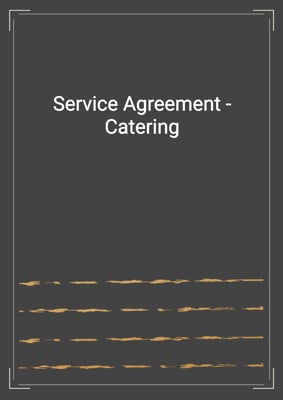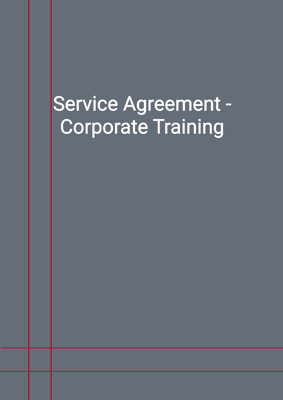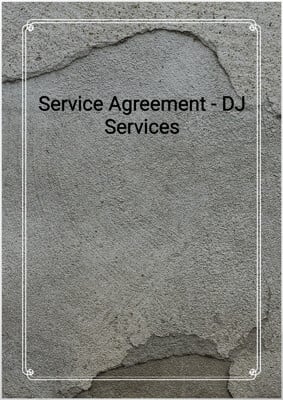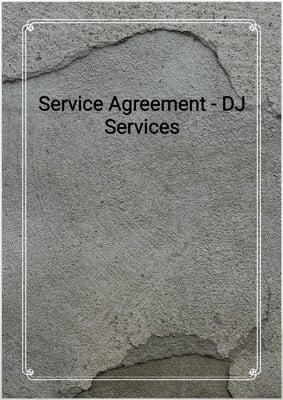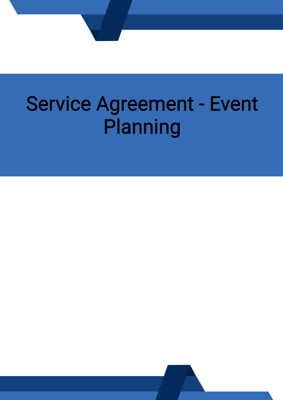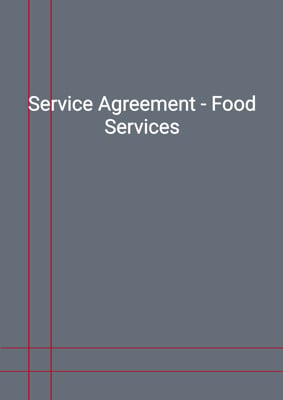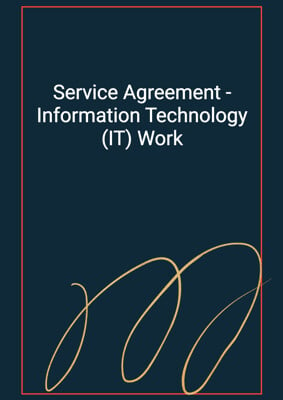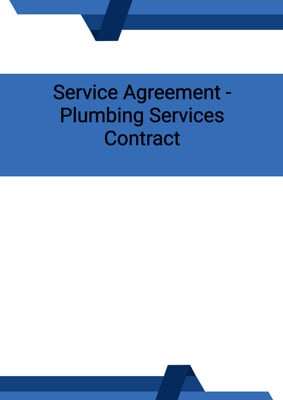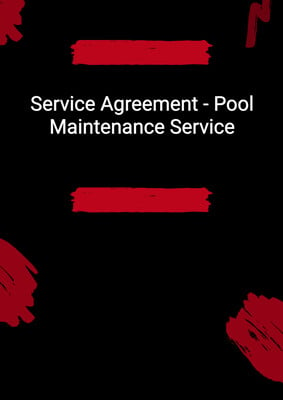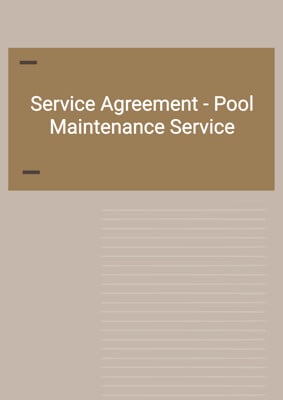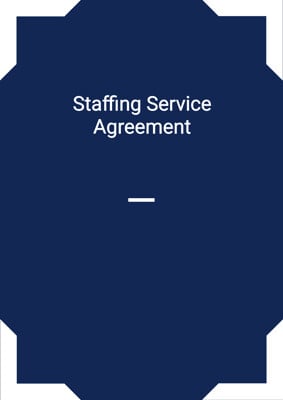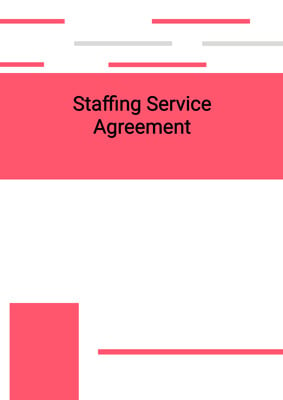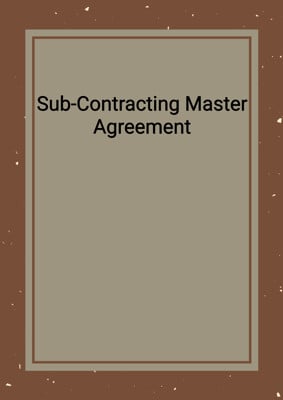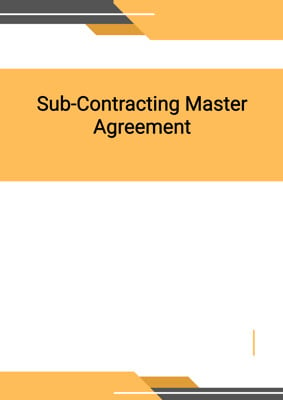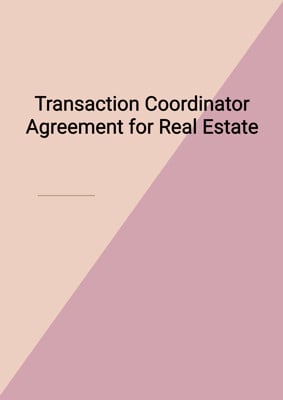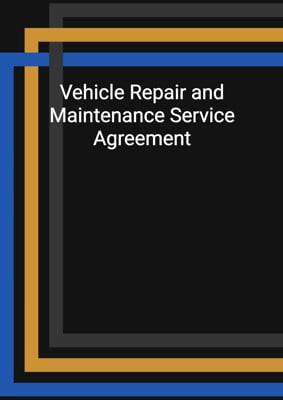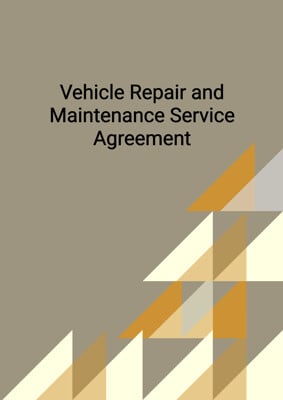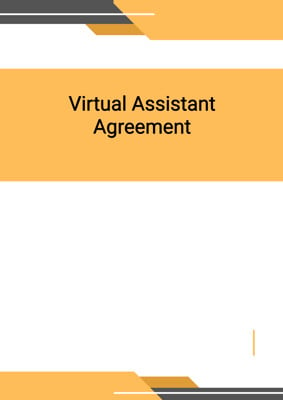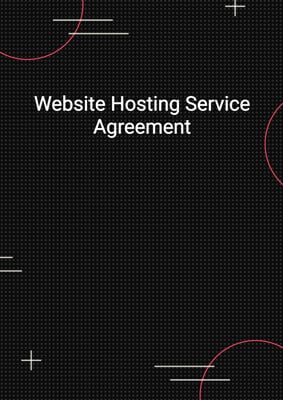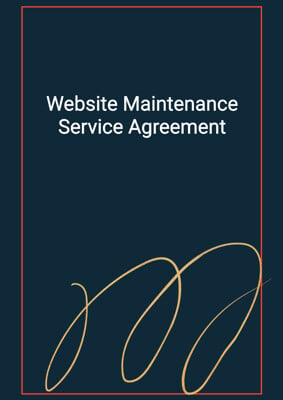How to Tailor the Document for Your Need?
01
Create Document
Fill in the details of the parties. You can click the "Fill with Member’s Information" button to complete it with information saved to your account.
02
Fill Information
Please fill in any additional information by following the step-by-step guide on the left hand side of the preview document and click the "Next" button.
03
Get Document
When you are done, click the "Get Document" button and you can download the document in Word or PDF format.
04
Review Document
Please get all parties to review the document carefully and make any final modifications to ensure that the details are correct before signing the document.
Document Preview
Document Description
The Service Agreement - Security Services is a crucial document that outlines the terms and conditions between the servicer and the customer for the provision of security services. This agreement is entered into by both parties to clearly identify their roles and responsibilities.
The entire document is divided into several sections, each addressing specific aspects of the agreement. The first section, titled 'Interpretation,' provides definitions for key terms used throughout the agreement. This ensures clarity and avoids any misunderstandings.
The second section, 'Servicer's Obligations,' outlines the responsibilities of the servicer. It states that the servicer agrees to use its professional knowledge and skills to provide the services to the customer. The servicer also agrees to provide the services in a professional and diligent manner, complying with all applicable laws and regulations.
The third section, 'Completion of the Work,' emphasizes the importance of timely completion of the services. It states that time is of the essence and that the services should be completed by the agreed-upon completion date. If there are any delays, the customer may grant an extension, and if the services are not completed by the completion date, the customer is entitled to liquidated damages.
The fourth section, 'Service Fees,' specifies the payment terms. It states that the customer shall pay the servicer a service fee for the services rendered. The servicer will invoice the customer, and payment will be due within a specified timeframe. Late payment may incur additional charges.
The fifth section, 'Warranties and Indemnities,' highlights the obligations of both parties regarding the quality of services. The servicer is required to promptly notify the customer of any delays or problems and provide recommendations to avoid any loss or adverse publicity. The customer, on the other hand, should report any defects in the servicer's performance, and the servicer should rectify them promptly.
The sixth section, 'Term and Termination,' specifies the duration of the agreement and the conditions under which either party can terminate it. It also outlines the consequences of termination, including the return of materials and any outstanding payments.
The seventh section, 'Cancellation,' explains the process and consequences of canceling the agreement. It states that a minimum notice period must be given to avoid a cancellation fee.
The eighth section, 'Staff,' addresses the assignment of security personnel to perform the services. It outlines the entitlements and responsibilities of the employees, including breaks and restrictions on alcohol or substance use.
The ninth section, 'Training,' affirms that the employees have received appropriate training in security procedures, report writing, and patrol practices.
The tenth section, 'Laws and Permits,' emphasizes the servicer's obligation to obtain all necessary licenses and permits to provide the services. It also affirms that the employees have valid licenses and approvals as required.
The eleventh section, 'Background Check,' assures the customer that comprehensive background checks have been conducted on all employees, and none of them have a criminal history or are listed on any sex-offender registry.
The twelfth section, 'Ownership of Materials,' clarifies the ownership of materials and intellectual property used in the provision of services. It states that materials become the property of the customer, and any intellectual property developed under the agreement belongs to the customer.
The thirteenth section, 'Confidential Information,' imposes obligations on both parties to keep the terms of the agreement and any confidential information confidential. Exceptions are provided for certain circumstances.
The fourteenth section, 'Indemnity,' outlines the servicer's obligation to defend, indemnify, and hold harmless the customer against any losses or liabilities arising from the servicer's negligence or failure to perform its obligations.
The fifteenth section, 'License and Insurance,' requires the servicer to obtain the necessary licenses and maintain appropriate insurance coverage for liability arising from the services.
The sixteenth section, 'Announcements/Publicity,' restricts the parties from making any announcements or disclosures without the prior written approval of the other party, except as required by law.
The seventeenth section, 'Amendment,' states that any variations to the agreement must be in writing and signed by both parties. It also clarifies that variations do not affect any rights or obligations already accrued.
The eighteenth section, 'Assignment,' prohibits the assignment or subcontracting of the agreement without the prior written consent of the other party.
The nineteenth section, 'Severability,' ensures that if any provision of the agreement is deemed illegal or unenforceable, it will be removed, but the remaining provisions will remain in effect.
The twentieth section, 'Further Assurance,' requires the parties to perform any further acts or execute additional documents necessary to implement the agreement.
The twenty-first section, 'Warranty of Capacity and Power,' includes representations and warranties from each party regarding their authority and capacity to enter into and perform the obligations under the agreement.
The twenty-second section, 'Force Majeure,' relieves the parties from liability for any failure or delay in performing their obligations due to circumstances beyond their control.
The twenty-third section, 'No Rights Under Contracts for Third Parties,' clarifies that only the parties to the agreement have the right to enforce its terms.
The twenty-fourth section, 'Arbitration and Proper Law,' encourages the parties to resolve any disputes amicably and in good faith. It also specifies the jurisdiction for any legal proceedings.
The twenty-fifth section, 'Notices and Service,' outlines the methods and deemed times of giving notice between the parties.
The twenty-sixth section, 'Counterparts,' allows the agreement to be executed in multiple counterparts, with each counterpart considered an original.
In conclusion, the Service Agreement - Security Services is a comprehensive document that covers all aspects of the agreement between the servicer and the customer. It ensures clarity, defines responsibilities, and provides mechanisms for dispute resolution and termination.
How to use this document?
1. Enter the Contractor's and Customer's information in the agreement, including their principal place of business. This ensures that both parties are clearly identified.
2. Clearly specify the agreed price and completion date of the work to be carried out by the Contractor. This will ensure that both parties are aware of the expectations and deadlines.
3. Clearly describe the type(s) of services to be provided by the Contractor. This ensures that both parties are aware of the scope of work and can avoid any misunderstandings.
4. Both parties should agree on the length of the warranty and time of payment after the completion of the work. This ensures that both parties are aware of the payment terms and the length of the warranty.
5. If the work is not completed by the completion date, specify the amount of damages per week that the Customer is entitled to. This ensures that both parties are aware of the consequences of non-completion.
6. The servicer should use its professional knowledge and skills to provide the services to the customer in a professional and diligent manner. Compliance with applicable laws and regulations is essential.
7. The customer should promptly report any defects in the servicer's performance and the servicer should rectify them as soon as reasonably practicable.
8. The customer should pay the service fee within the specified timeframe. Late payment may incur additional charges.
9. The servicer should keep accurate records of any expenses incurred while performing the services and provide itemized invoices with proof of purchase and receipt.
10. The servicer should obtain all necessary licenses, permits, and approvals to provide the services.
11. Comprehensive background checks should be conducted on all employees, and the servicer should ensure that none of the employees have a criminal history or are listed on any sex-offender registry.
12. Materials delivered or placed on the site become the property of the customer, and any intellectual property developed under the agreement belongs to the customer.
13. Both parties should keep the terms of the agreement and any confidential information confidential, except in certain circumstances.
14. The servicer should defend, indemnify, and hold harmless the customer against any losses or liabilities arising from the servicer's negligence or failure to perform its obligations.
15. The servicer should obtain the necessary licenses and maintain appropriate insurance coverage for liability arising from the services.
16. Any announcements or disclosures regarding the agreement should have the prior written approval of the other party, except as required by law.
17. Any variations to the agreement must be in writing and signed by both parties. Variations do not affect any rights or obligations already accrued.
18. The agreement cannot be assigned or subcontracted without the prior written consent of the other party.
19. If any provision of the agreement is deemed illegal or unenforceable, it will be removed, but the remaining provisions will remain in effect.
20. The parties should perform any further acts or execute additional documents necessary to implement the agreement.
21. Each party represents and warrants that they have the authority and capacity to enter into and perform the obligations under the agreement.
22. The parties are relieved from liability for any failure or delay in performing their obligations due to circumstances beyond their control.
23. Only the parties to the agreement have the right to enforce its terms.
24. The parties should attempt to resolve any disputes amicably and in good faith. The proper law and jurisdiction for any legal proceedings should be specified.
25. Notices between the parties should be given in writing and in accordance with the specified methods and deemed times of service.
26. The agreement may be executed in multiple counterparts, with each counterpart considered an original.
Not the right document?
Don’t worry, we have thousands of documents for you to choose from:

